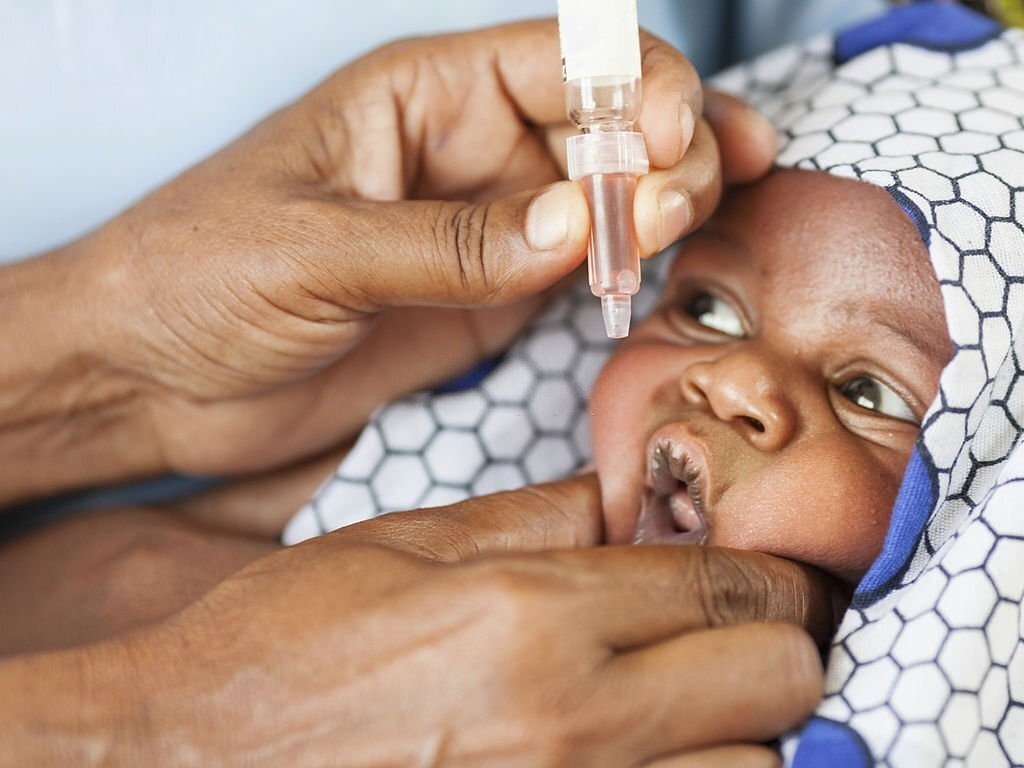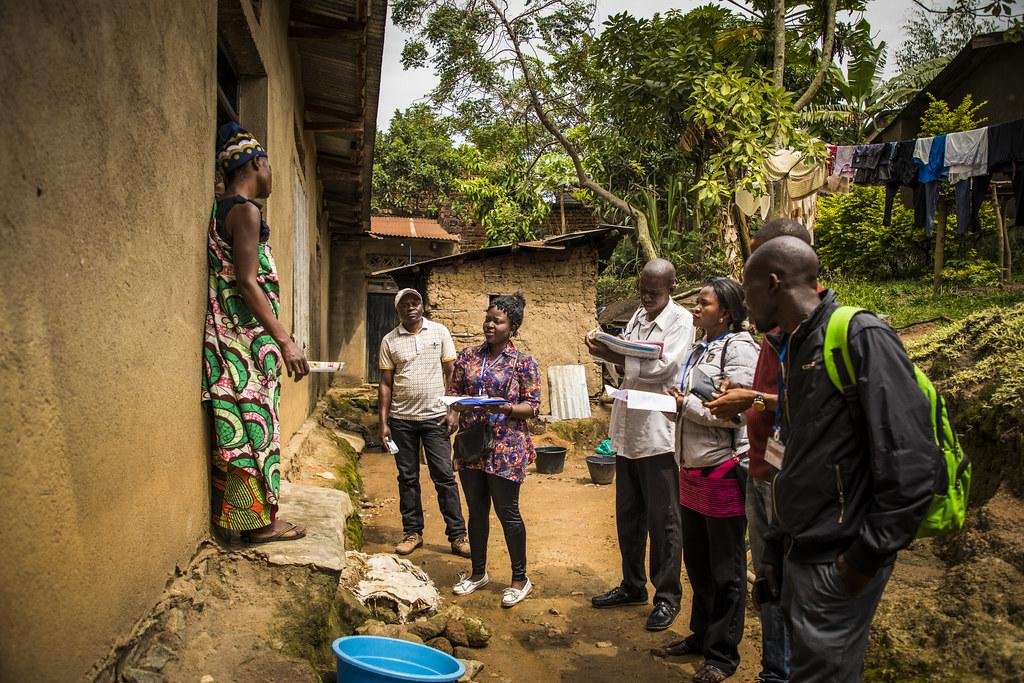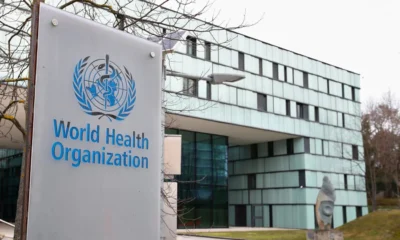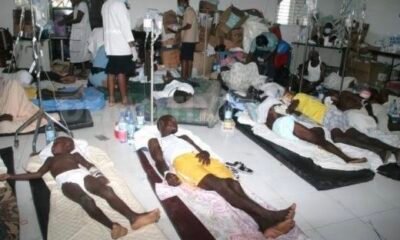News
Are Vaccines Truly Safe? The WHO Reacts

Are vaccines truly safe and effective in the prevention or treatment of diseases? This is a bid question not only in Nigeria but in other parts of the world.
The World Health Organisation (WHO) yesterday reacted to that big question, through its Country Representative to Nigeria, Dr Walter Mulombo.
Mulombo who spoke at a two-day capacity-building workshop for journalists focused on enhancing health reporting skills and increasing understanding of some global health issues, submitted that vaccines were safe.
In responding to the question: are vaccines truly safe, he said vaccine approvals by the WHO follows a thorough and rigorous process, reviewing its efficacy, adding that vaccines were safe and effective.
“I want to say that vaccines are safe, and vaccines are effective.
“Before WHO gives the green light to distribute any vaccine, it goes through a very rigorous process by a body called the Strategic Advisory Group of Experts on Vaccines and Immunisation.

There are skepticisms concerning both the motive and safety of vaccines in many traditions. Pictures courtesy of UNICEF
“They review all the evidence. The malaria vaccine that they have here is because that body created it.
“It was the same for HPV, like the others. If you need more information, we are the source of that information.
“If you need more evidence, we are the source of the evidence.
“So feel free, don’t be afraid to debunk misinformation.
“Access to universal vaccination is a human right.
READ ALSO: Stakeholders Alarmed By Unprecedented Upsurge In Cholera
READ ALSO: Omicron Vaccines Land In Nigeria
“A mother dying while giving birth is a human rights violation because nobody should die as a result of giving birth.
“A child missing a vaccination is a human rights violation.
“Misinformation spread without verification is a human rights violation because we are preventing communities from getting access to the tools they need to survive. And by doing so, we contribute to the high maternal mortality ratio and child mortality ratio.”




























